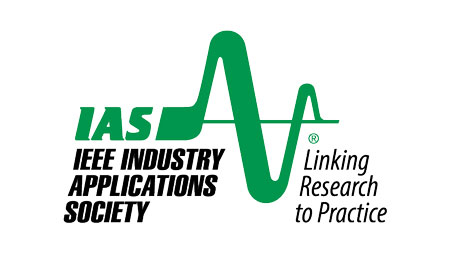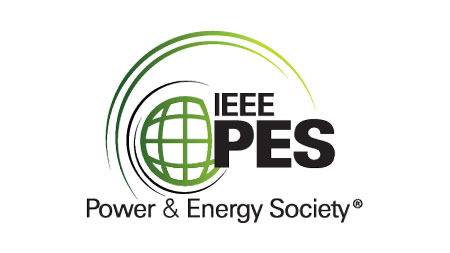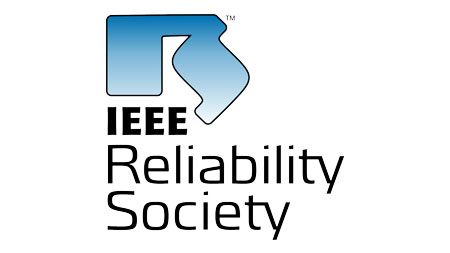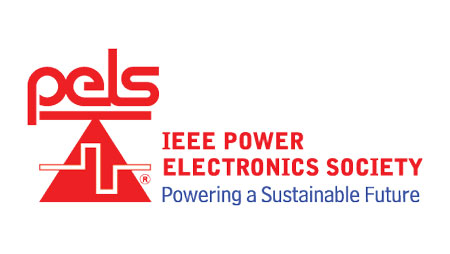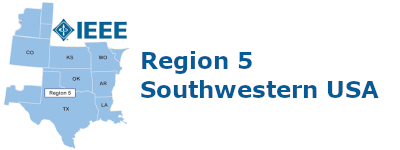Plenary 1: ABB
Speaker: Matti Latinen
Topic: The vital role of high-efficiency motors and drives in reducing energy consumption
As the global population and economy continue to grow, urbanization, automation, and the rise of living standards will continue to increase the demand for energy globally. The technology that the world needs to dramatically improve energy efficiency is in hand. Much of it, such as high-efficiency motors and drives, is well established and time-tested. Accelerating the adoption of these existing technologies – in industry, cities, and transport – would achieve significant energy savings around the world. The benefits of greater energy efficiency contribute broadly to environmental conservation, cleaner air and water, better public health, energy independence, and stronger economic growth and development.
Plenary 2: Black & Veatch
Speaker: Joe Zhou
Topic: Carbon-Free Grid Architecture – The Missing Pieces
Serving as the global leader for Black & Veatch’s Digital Advisory group, Mr. Zhou focuses on Infrastructure Modernization and Digital Transformation initiatives for electric, gas, water/wastewater utilities, and distributed energy infrastructure owners. He provides executive-level strategic advisory and thought leadership services for Grid Transformation, Electrification & Decarbonization, Resiliency and Security, and Sustainability initiatives. As a past co-chair of the OpenFMB group, Mr. Zhou was very active in leading several smart grid interoperability standards. Today, he continues to work collaboratively across technology vendors, service providers, and energy and utility companies as we embark on the journey to the “clean energy infrastructure of the future“.
Plenary 3: Entrust
Speaker: Jo Ellen Scott, Technical Lead – Safety Management Systems & Management of Change
Topic: Safety Management Systems & Management of Change
As the world embraces the green revolution, the energy sector is beginning to integrate new and emerging green energy options more broadly. From traditional energy to the newest options presented at this conference, no matter the type, energy delivery is an extraordinarily complex and interconnected process. A change to any given input of one of many linked activities yields increased risk of environmental impacts, reliability issues, and/or broad ranging safety consequences. While codes and regulations may be available, they may not be directly applicable to any given technology. Further, mere compliance with any single regulation may not provide a wholistic understanding of all changes, their interaction, and overall impact. Accordingly, integrated multi-system management of change and safety management must be implemented to ensure long term success of green technology adoption. Such integral evaluations and strategic coordination will be examined during this session.
Plenary 4: Engineered Fluids
Speaker: David W. Sundin, Ph.D.
Topic: Environmentally Sustainable Thermal Management
The need for more efficient cooling limits technology development in a variety of key industries. In the case of data centers and stationary battery arrays, higher cooling capacity has come at an environmental cost. This paper discusses how Single-phase Liquid Immersion Cooling (SLIC) technology can provide efficient and data center safe cooling without any water use. In addition, Immersion Cooling promotes energy re-use, the ultimate goal of sustainability.





